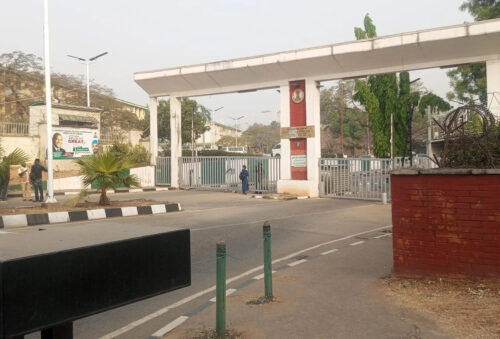BIG STORY
UK To Sign Trade Deal Enabling British Lawyers Practise In Nigeria

- /home/porsch10/public_html/wp-content/plugins/mvp-social-buttons/mvp-social-buttons.php on line 27
https://porscheclassy.com/wp-content/uploads/2024/02/resize1707813731065.jpg&description=UK To Sign Trade Deal Enabling British Lawyers Practise In Nigeria', 'pinterestShare', 'width=750,height=350'); return false;" title="Pin This Post">
- Share
- Tweet /home/porsch10/public_html/wp-content/plugins/mvp-social-buttons/mvp-social-buttons.php on line 69
https://porscheclassy.com/wp-content/uploads/2024/02/resize1707813731065.jpg&description=UK To Sign Trade Deal Enabling British Lawyers Practise In Nigeria', 'pinterestShare', 'width=750,height=350'); return false;" title="Pin This Post">
-

 SPORT17 hours ago
SPORT17 hours agoFIFA President Slams Senegalese Players, Technical Staff Over AFCON Final Chaos
-

 BIG STORY5 days ago
BIG STORY5 days agoUS Suspends Immigrant Visa Processing For Nigeria, Ghana, 73 Other Countries [FULL LIST]
-

 POLITICS4 days ago
POLITICS4 days agoObasa Hosts Constituents, Party Leaders, Urges Continuous Grassroots Engagement, Increased Participation in APC E-Registration
-

 BIG STORY4 days ago
BIG STORY4 days agoAlaafin Kicks As Makinde Installs Ladoja Chairman of Oyo Council of Obas
-

 BIG STORY4 days ago
BIG STORY4 days agoJUST IN: Impeachment of Fubara, Deputy’ll Continue ——- Rivers Lawmakers
-

 BIG STORY14 hours ago
BIG STORY14 hours agoOgun Police Command File Six-Count Cyberbullying Charge Against Activist Just Adetoun
-

 SPORT4 days ago
SPORT4 days agoAFCON 2025 Records Highest Revenues In History —— CAF
-

 BIG STORY5 days ago
BIG STORY5 days agoJUST IN: Court Strikes Out FG’s Criminal Charges Against Natasha




















